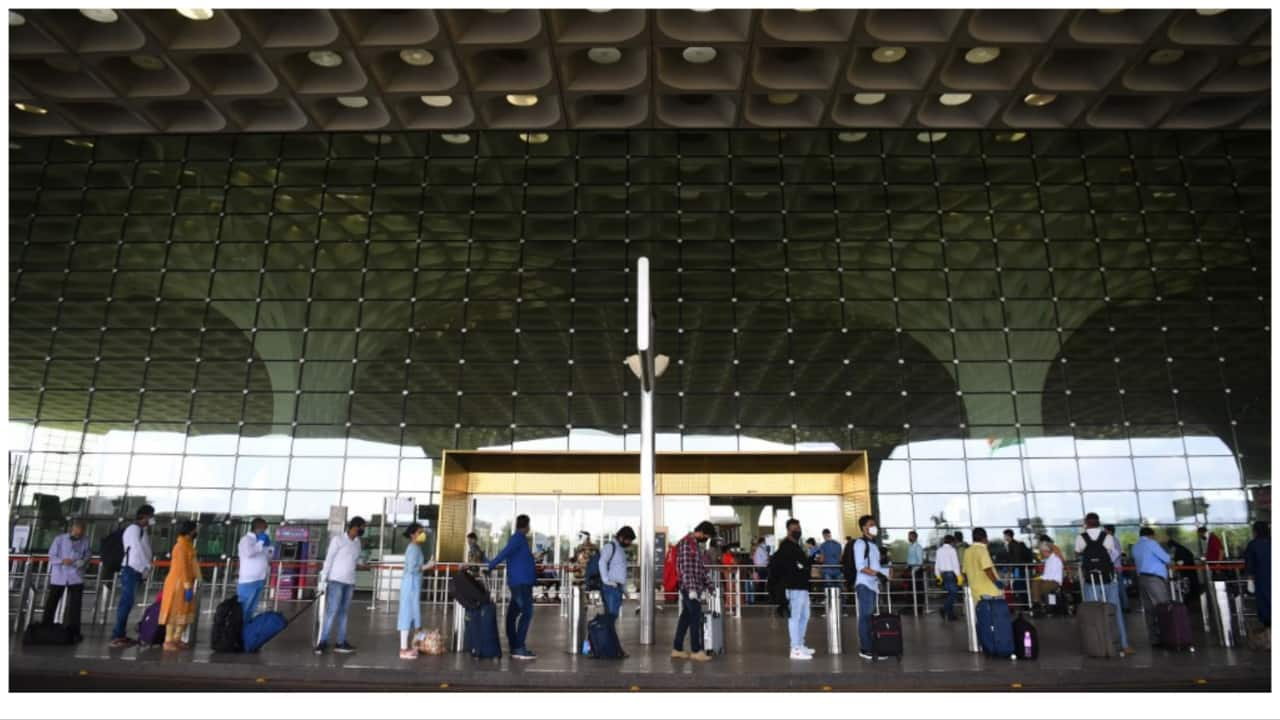 |
|
The recent decision to replace Çelebi, a Turkish aviation firm, with Indothai for ground handling operations at Mumbai's Chhatrapati Shivaji Maharaj International Airport (CSMIA) marks a significant shift in the airport's operational landscape. This change was triggered by the Union government's revocation of Çelebi's security clearance, leading Adani Airport Holdings to terminate the ground handling concession agreements with the firm at both Mumbai and Ahmedabad airports. The immediate appointment of Indothai Airport Services as the interim ground handling provider for the next three months aims to ensure a seamless transition and maintain uninterrupted services at CSMIA. This move highlights the critical importance of security clearances in the aviation sector and the potential consequences of their revocation, impacting not only the concerned company but also the broader airport operations and employment landscape. The swift response from Mumbai International Airport Limited (MIAL), the operator of CSMIA, in appointing Indothai and initiating the Request for Proposal (RFP) process for a long-term ground handling partner demonstrates a commitment to minimizing disruptions and upholding service standards. This situation also underscores the complexities involved in managing airport operations, particularly the delicate balance between security concerns, operational efficiency, and employee welfare. The assurance that all existing employees of Çelebi will be transferred to Indothai on their existing terms and conditions of employment is a crucial aspect of this transition, mitigating potential job losses and ensuring continued service delivery. The leasing of ground handling equipment from Çelebi to Indothai further reinforces the commitment to operational continuity. The decision to onboard a long-term ground handling partner within the next three months reflects a strategic approach to ensuring the long-term stability and efficiency of ground handling services at CSMIA. The entire process is a testament to the resilience and adaptability of the airport management in navigating unforeseen challenges and maintaining its operational effectiveness. The events surrounding Çelebi's security clearance revocation and the subsequent appointment of Indothai highlight the interconnectedness of various factors within the aviation industry, including government regulations, security protocols, airport management strategies, and employee welfare. The successful navigation of this transition will be crucial in maintaining CSMIA's reputation as a leading international airport.
The implications of the government's decision to revoke Çelebi's security clearance extend beyond the immediate operational changes at Mumbai and Ahmedabad airports. It raises questions about the due diligence processes involved in granting such clearances in the first place and the criteria used to assess potential security risks associated with foreign companies operating in sensitive sectors like aviation. The revocation also sends a strong message to other foreign companies operating in India, emphasizing the importance of adhering to security regulations and maintaining a high level of transparency in their operations. The appointment of Indothai, an Indian company, as the interim ground handling provider reflects a potential shift towards prioritizing domestic firms in critical sectors, possibly driven by national security considerations. This trend could have broader implications for foreign investment and participation in other sectors of the Indian economy. The RFP process for a long-term ground handling partner will likely be closely scrutinized by both domestic and international companies, with a strong emphasis on security compliance and operational expertise. The outcome of this process will shape the future of ground handling services at CSMIA and set a precedent for similar airport operations across India. The Adani Group's decision to terminate the concession agreements with Çelebi demonstrates its commitment to upholding national security interests and ensuring the smooth functioning of its airport operations. The group's proactive approach in directing Çelebi to immediately hand over all ground handling facilities underscores its focus on minimizing disruptions and maintaining uninterrupted service to airlines and passengers. The transfer of Çelebi's employees to the new ground handling agencies on their existing terms and conditions of employment reflects a responsible approach to mitigating the potential impact on the workforce and ensuring a stable transition.
The situation also presents an opportunity for Indothai to showcase its capabilities and establish itself as a leading provider of ground handling services in India. Its experience operating at nine other airports across the country positions it well to handle the responsibilities at CSMIA, one of India's busiest airports. The company's commitment to maintaining the existing Service Level Agreements (SLA) and conditions further demonstrates its focus on providing high-quality service to airline partners and ensuring a seamless experience for passengers. The leasing of ground handling equipment from Çelebi allows Indothai to leverage existing infrastructure and maintain operational continuity, minimizing the need for significant capital investments in the short term. The success of Indothai's interim operations will likely influence its prospects in the upcoming RFP process for a long-term ground handling partner. The emphasis on employee welfare throughout this transition is a positive sign, reflecting a commitment to ethical business practices and responsible corporate citizenship. The assurance of continued employment and adherence to existing terms and conditions provides stability and reassurance to the workforce during a period of uncertainty. The collaborative approach adopted by MIAL, Indothai, and the affected airlines is crucial for ensuring a smooth transition and minimizing disruptions to airport operations. Effective communication and coordination between all stakeholders are essential for addressing potential challenges and maintaining a high level of service quality. The entire process serves as a case study in how to manage complex operational transitions in the aviation industry, balancing security concerns, operational efficiency, employee welfare, and stakeholder interests. The ultimate goal is to ensure the continued smooth functioning of CSMIA as a vital transportation hub and a gateway to India.
Source: Çelebi out, Indothai in: Mumbai Airport replaces firm for ground handling operations
